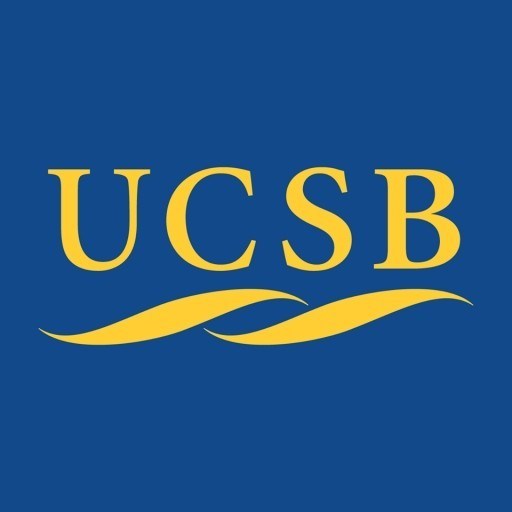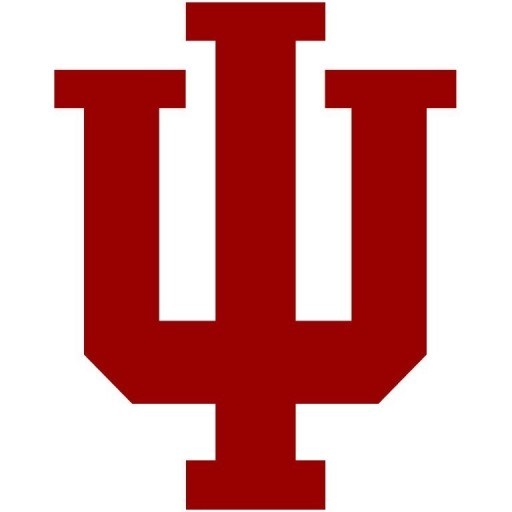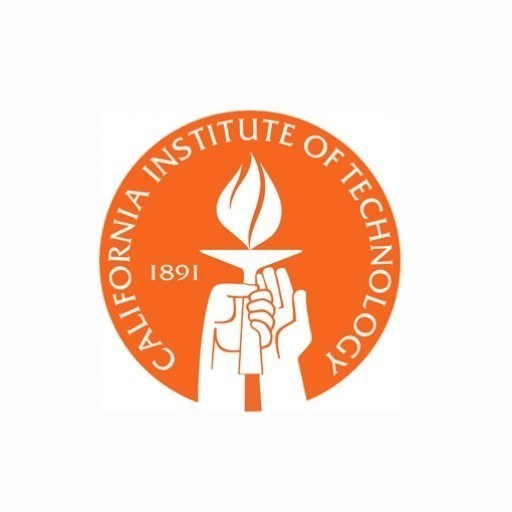Photos of university / #ucsantabarbara
The Physics undergraduate program at the University of California offers a comprehensive and rigorous education designed to prepare students for a wide range of careers in science, research, engineering, and education. Students in this program gain a deep understanding of the fundamental principles of physics, including classical mechanics, electromagnetism, thermodynamics, quantum mechanics, and relativity. The curriculum combines theoretical coursework with practical laboratory experiences, fostering critical thinking, problem-solving, and quantitative analysis skills vital for pursuing advanced studies or entering the workforce.
The program emphasizes the development of experimental techniques and data analysis, providing students with the opportunity to engage in cutting-edge research projects under the mentorship of renowned faculty members. Through coursework in mathematical methods for physics, computational physics, and specialized topics such as condensed matter physics and astrophysics, students acquire a broad yet detailed knowledge base. The curriculum is designed to build a strong foundation that can be tailored toward various interests, whether in theoretical physics, applied physics, or interdisciplinary fields.
Students benefit from the university's state-of-the-art facilities, including advanced laboratories and research centers, which support hands-on learning and innovative research. The program also encourages participation in internships, science outreach, and collaborative projects, connecting students with industry leaders, government agencies, and academic institutions. Graduates of the Physics program at UC are well-equipped with the analytical, technical, and scientific skills necessary for graduate studies, research careers, roles in technology and engineering, or science communication.
In addition to academic coursework, the program promotes active engagement with the scientific community through seminars, colloquia, and conferences. Students are encouraged to develop a professional network and explore interdisciplinary opportunities that align with their interests. The University of California is committed to fostering a diverse and inclusive environment where all students can pursue their academic goals and contribute to advancing the understanding of the physical universe. Graduates leave with a versatile skill set and a strong foundation for lifelong learning and discovery in the physical sciences.
The central element in our Physics Ph.D. program is research conducted by students under the close supervision of a faculty Research Advisor. To prepare for this key stage of their graduate career, students take a full year of course work in basic areas of physics, classical mechanics, electromagnetism, quantum mechanics, and statistical mechanics, as well as at least three one-quarter courses in advanced topics. Typically these courses are closely related to the student's research interest, but for theorists, at least one must be in a different area.
Students not yet advanced to candidacy meet quarterly with the Faculty Graduate Advisor who provides guidance on selecting courses, progressing to degree, preparing for advancement to candidacy, selecting a research advisor, and on any issues that influence the student's academic progress.
Graduate students should secure a research advisor by no later than the beginning of their third year, and preferably earlier. By the end of Winter quarter of the third year, each student must pass the advancement to candidacy examination, after which the primary focus is research and work on a dissertation.
The Department's course and examination requirements are outlined below:
- Supervising Committee The student’s program of study and research is overseen by their Supervising Committee in consultation with the Faculty Graduate Advisor. The student will work with the Faculty Graduate Advisor to assemble this committee during the first year of graduate studies. The student and committee will meet at least once a year to complete an Annual Update Form. The committee will consist of at least 3 faculty members.
- Advancement to Candidacy Exam After advancement, the Supervising Committee will be chaired by the student’s research advisor (or co-chaired by the advisor if they are not UCSB physics ladder faculty).
- The Guidance provided by the Faculty Graduate Advisor and a student's Supervising Committee includes advice in choosing appropriate courses. The committee may require that certain courses be taken in addition to the normal course requirements, or may tell the student to expect questions in certain areas on the Advancement to Candidacy exam. The guidance may also include advice on choosing a field of specialization as well as help in locating research opportunities.
- The Oral Advancement to Candidacy Exam is taken by the end of winter quarter in the student's third year. For students who entered in Fall 2010 or later, if they received a master's degree from a previous institution, then they must take their exam winter quarter of their second year. The exam begins with a short presentation in which the student assesses the overall situation in the field, and proposes a possible line of research, justifying its potential significance. The exam committee may then ask more general background questions. The scope and content of the exam are agreed upon beforehand. If the committee fails the student, the reasons will be given in writing, and the student must retake the exam by the end of spring quarter of the third year.
- Course Requirements
First year students will be required to pass the following graduate physics courses with a grade of B or better: [Phys 205] Classical Mechanics (Galactic Dynamics [Phys 237] may be substituted for Phys 205 provided the student has demonstrated competency in Lagrangian Mechanics to the 205 instructor; if Phys 237 is used in this way as a substitution, it cannot be used as an elective).In order to count Phys 237 as a replacement for Phys 205, the student must have on record an official verification of proficiency in Langrangian mechanics. This can be obtained from any recent Phys 205 instructor or from the Graduate Advisor. It is highly recommended that this be done before enrolling in the course. [Phys 210A-B] Electromagnetic Theory, [Phys 215A-B-C] Quantum Mechanics, and [Phys 219] Statistical Mechanics. A student must maintain an over-all B average in graduate courses. Upon petition, a student may be exempted from a normally required course on the basis of equivalent courses taken at another institution. In addition to the core courses, theoretical students must complete a minimum of five advanced graduate courses and experimental students must complete a minimum of three advanced graduate courses. These courses must be passed with a grade of B or better. For theorists, at least one of these courses must be in an area clearly distinct from the student's field of specialization. In appropriate cases, a course in a different department or a different institution may be substituted. The appropriateness of the latter or the suitability of a proposed course as being in a "clearly distinct area" will be determined by the Faculty Graduate Advisor in consultation with the student's Supervising Committee.
Requirements
- Online application: https://www.graddiv.ucsb.edu/eapp
- In the Degree Program section of the online application, indicate ONE primary area of interest from the following list: astrophysics
- atomic, molecular & optical physics
- biophysics/soft condensed matter/complex systems
- condensed matter experiment/atomic, molecular and optics
- condensed matter theory
- gravitational physics
- high energy experiment
- or high energy theory. Select this information in the Area of Research Interest Menu.
- Statement of Purpose, Personal Achievements/Contributions, and Resume or CV (submitted in the online application)
- Three Letters of Recommendation (submitted online)
- Official transcripts from all post-secondary institutions attended (submitted online)
- GRE General test scores and subject test scores
- TOEFL scores 550 Paper-Based Test (PBT), 80 Internet-Based Test (IBT) or IELTS (International English Language Testing System) Overall Band score of 7 or higher (if applicable)
- Final/Official transcripts will be required for all applicants who are admitted and have indicated their intent to enroll at UC Santa Barbara by submitting a Statement of Intent to Register (SIR). UC Santa Barbara reserves the right to require official transcripts at any time during the admissions process, and rescind any offer of admission made if discrepancies between uploaded and official transcript(s) are found.
Scholarships
- Departmental Financial Assistance
- Departmental Fellowships and Awards
- Graduate Student Researchers
- Teaching Assistants
- Other Employment
- Fellowships
The University of California offers a comprehensive Physics undergraduate program designed to provide students with a solid foundation in the fundamental principles of physics, along with opportunities for research and specialization. The curriculum includes core courses in classical mechanics, electromagnetism, thermodynamics, quantum mechanics, and statistical mechanics, ensuring students gain a thorough understanding of the key areas of physics. In addition to theoretical coursework, students are encouraged to participate in laboratory experiences that develop practical skills and hands-on understanding of physical phenomena. The program also emphasizes the development of critical thinking, problem-solving abilities, and quantitative reasoning, which are essential skills for careers in academia, industry, or further study.
Students have options to tailor their education through electives in specialized fields such as astrophysics, condensed matter physics, particle physics, and biophysics. The department promotes active learning through seminars, colloquia, and research projects, fostering a collaborative academic environment. Undergraduate research is strongly encouraged, often leading students to work alongside faculty on cutting-edge projects that contribute to scientific knowledge. The program prepares students either for graduate studies in physics and related fields or for careers in technology, engineering, data analysis, finance, and education.
The university's vibrant research community offers extensive resources, including state-of-the-art laboratories and collaborative opportunities with other departments. Students have access to internships and external research programs that enhance their educational experience and career prospects. The faculty includes renowned physicists whose expertise spans multiple disciplines, and they are dedicated to mentoring students both academically and professionally. The program aims to equip graduates with a deep understanding of physical principles, experimental techniques, and computational methods, enabling them to tackle complex scientific challenges. Overall, the physics program at the University of California provides a rigorous and enriching environment for students passionate about understanding the universe at its most fundamental level.


